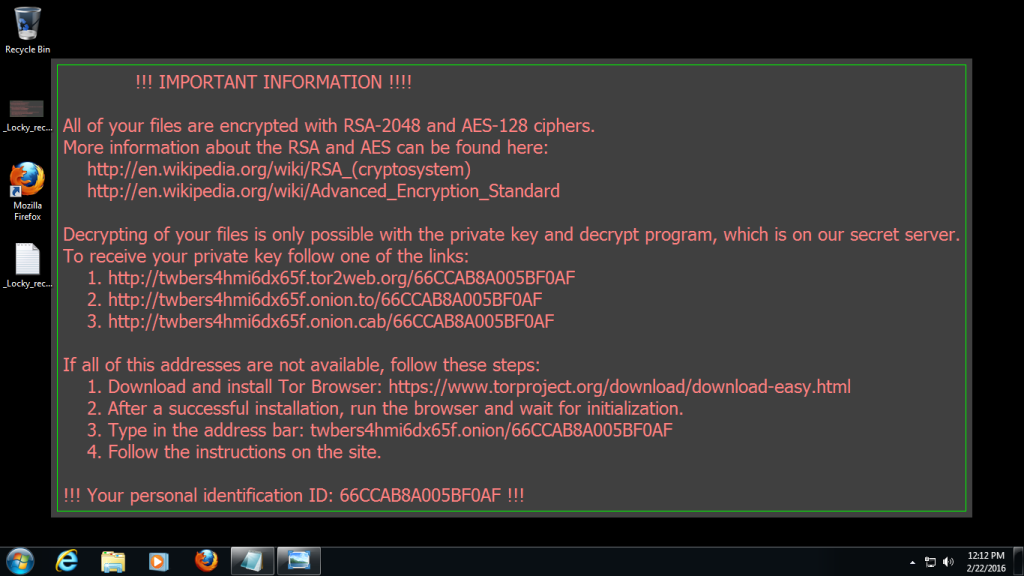Last Saturday saw the introduction of the newly revised EU Payment Services Directive, PSD2. Many consumers still know far too little about the implications of the new regulations or have been made uncertain by the information they have received from banks or other providers of financial services – an opportunity that cyber criminals are surely unlikely to miss out on.
So it is hardly surprising that the German Press Agency (dpa) has responded to appeals from consumer protection organizations and the Rheinland-Pfalz (Rhineland-Palatinate) Office of Criminal Investigations by putting out a warning about increased phishing activity. For instance, phishing emails have been used to prompt consumers to confirm their log-in details for online banking due to the new PSD2. In reality, they are led to bogus portals where scammers grab hold of their credentials.
Other scams involve payment services such as Paypal and shady credit card marketing. Consumer protection groups recommend exercising a healthy level of suspicion and moreover advise users never to click on links in dubious emails or open files attached to them. As a basic rule, banks and payment services providers never request customer or account log-in details by means of email or phone.
Companies also have the option of using technical means to provide employee inboxes with additional safeguards against phishing scammers looking to exploit these kinds of situations. Retarus Email Security, for instance, offers a dedicated filter for phishing and CxO fraud. The service also sends dubious attachments to be tested in a sandbox environment, where they can be executed without causing any damage. You can find out more from our website or straight from your local Retarus representative.




